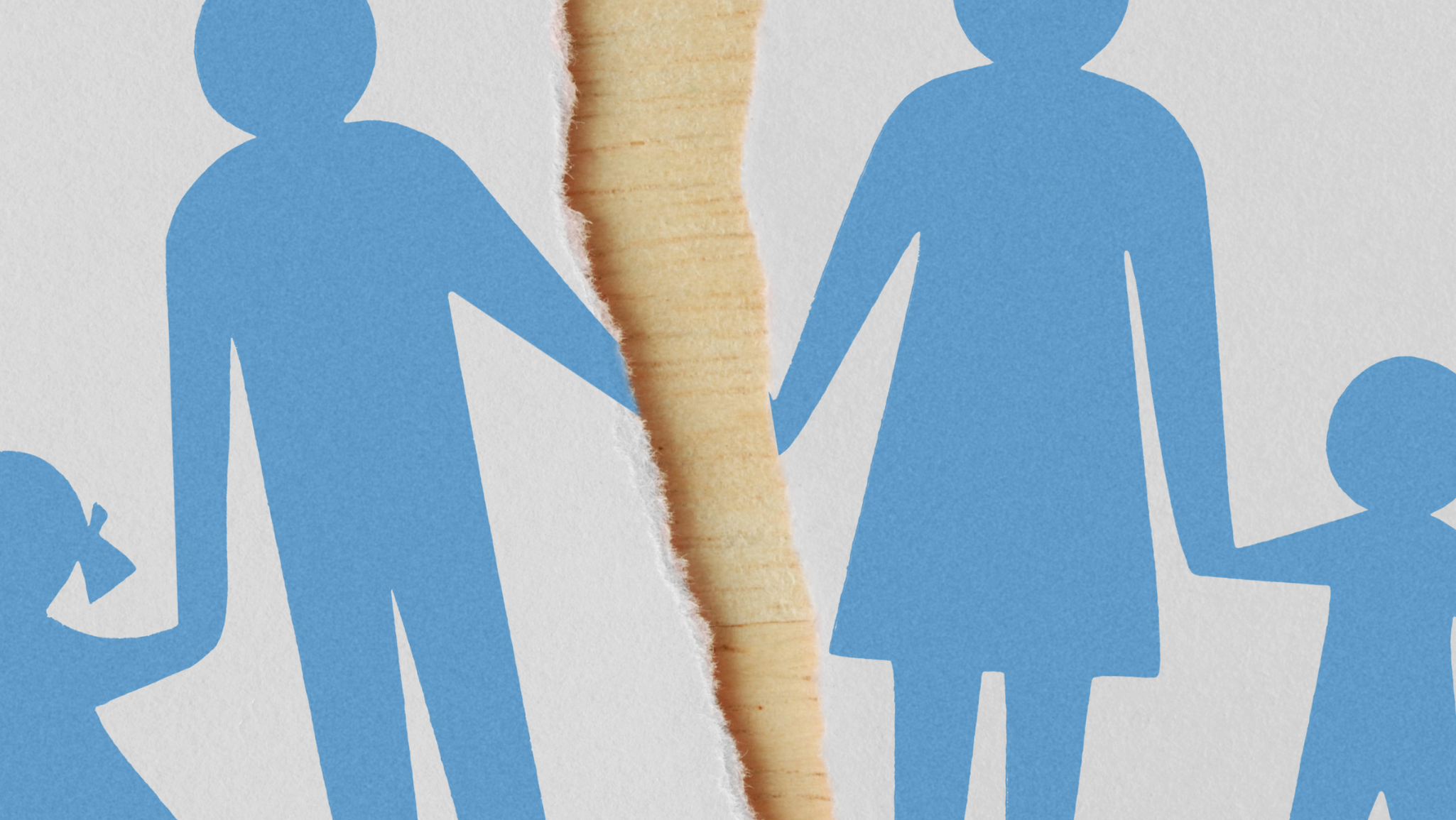Separating is hard enough; the process of mediation shouldn’t add unnecessary expense. At Reflective Mediation, we employ easy-to-use tools so you can negotiate your separation agreement efficiently, transparently, and at a lower cost. From the first meeting to the final draft, our common-sense systems reduce busywork, shorten timelines, and keep you in control
Booking made effortless
· We provide a link to Calendly, our online scheduler app, that lets you see real-time availability and book instantly.
· No back-and-forth emails, and no downloading needed, you simply click the link.
· Rescheduling is available at a click, with automated reminders that help sessions start on time.
· Result: fewer administrative tasks, more attention on your goals.
Productive virtual sessions
· We meet using Zoom Video-Conferencing to eliminate travel time and costs.
· If discussions get difficult, you can meet privately with the mediator in a breakout room without leaving the call.
· Screen sharing keeps everyone aligned on the same document, with fewer misunderstandings, faster progress.
· Participating from home supports calmer, more constructive conversations.
Clear records, at no extra cost
· Optional AI transcription technology* provides a recap of what was said and a list of agreed action items.
· That means fewer “who said what?” moments between sessions; more continuity and accountability.
· We don’t charge extra for this option, unlike mediators and lawyers who use old-school manual summaries.
Co-author your agreement
· We work together in Google Docs to tailor the language, starting off with an example, in plain-English, of a comprehensive separation agreement.
· Both parties can comment and suggest edits in real time—or asynchronously—on your own schedule and at no cost.
· You can read ahead, see each other’s notes, and arrive prepared for joint sessions.
· Our time together focuses on customizing the language of the template to suit your unique interests. You save hours in fees by not generating the agreement from a blank page.
Financial transparency you can trust
· We charge on an hourly rate, to be paid by Interac e-transfer, on the basis of a 5 or 10 hour retainer.
· Upon payment, an Excel Spreadsheet Docket is constructed to keep track of services rendered. It’s available for review at any time.
· We guarantee to refund, in full, the outstanding balance on retainer when our work is done, providing a copy of the excel docket for your review.
· Clear, itemized records mean no surprises and complete peace of mind.
Privacy and consent first
· We use reputable, secure platforms and review settings with you.
· Any recording or transcription is strictly opt-in, with clear consent.
The bottom line
· Faster scheduling, focused sessions, live drafting, and transparent billing add up to significant savings and smoother progress—so you can reach a balanced and durable agreement more efficiently and affordably.
* Please note that AI-generated transcriptions may occasionally contain minor inaccuracies.
ABOUT THE AUTHOR
Mike MacConnell, founder of Reflective Mediation, is an accredited family mediator, conflict coach, educator and author. He is the highest-ranked mediator on Google in the greater Toronto area, with over 220 5-star reviews. To book your free consultation click here.






























